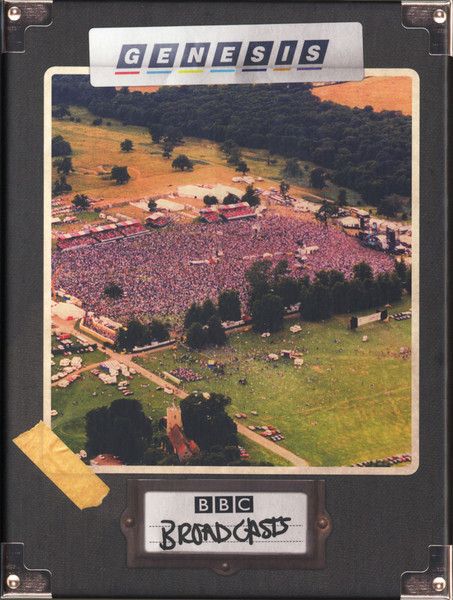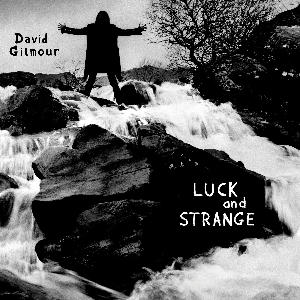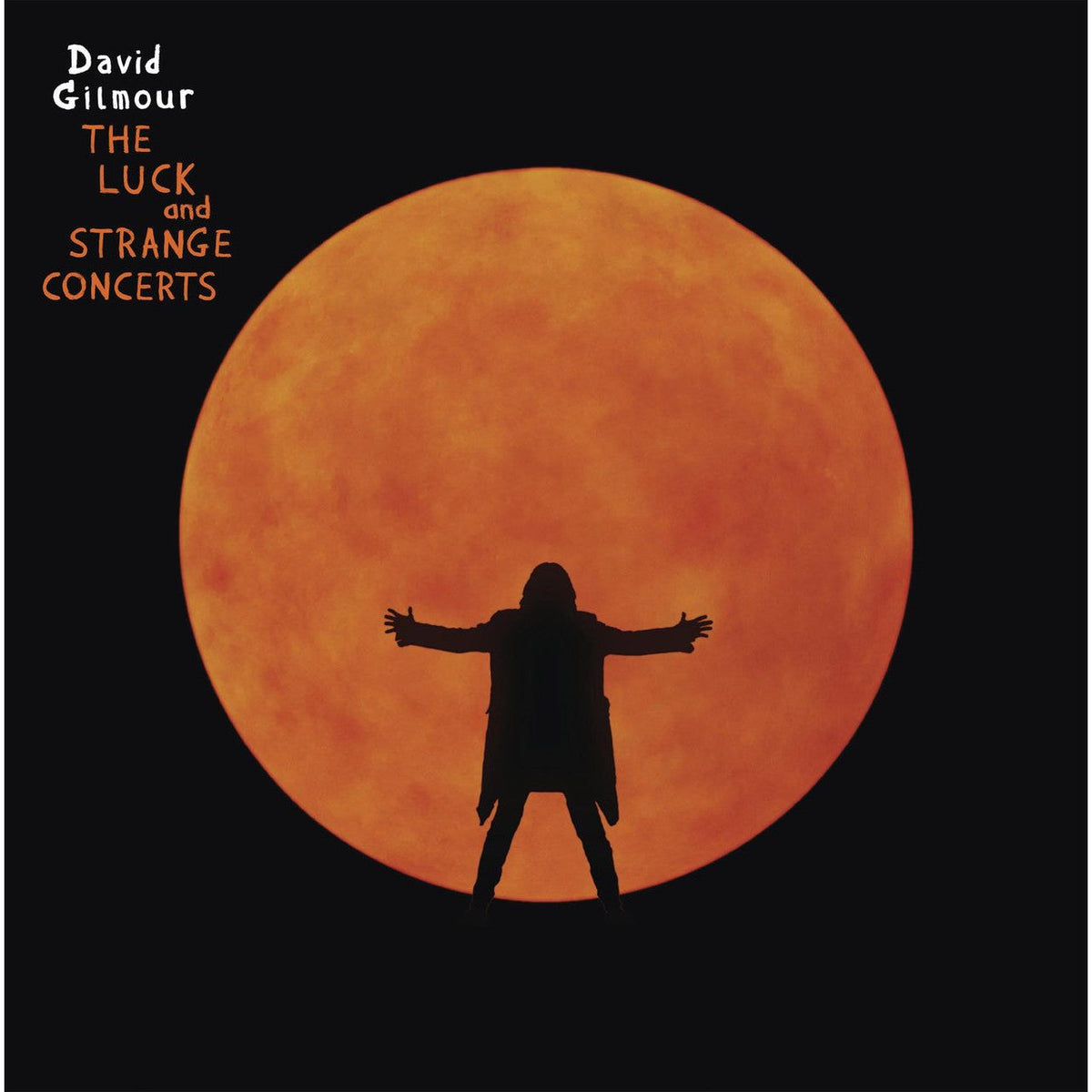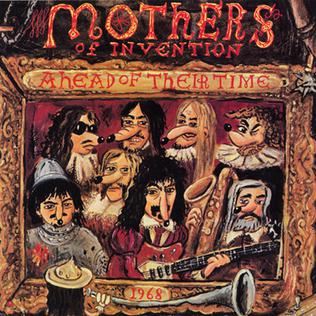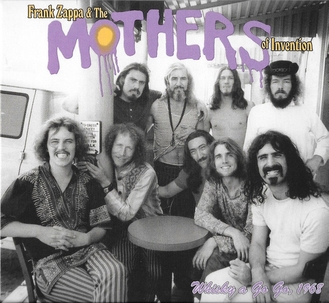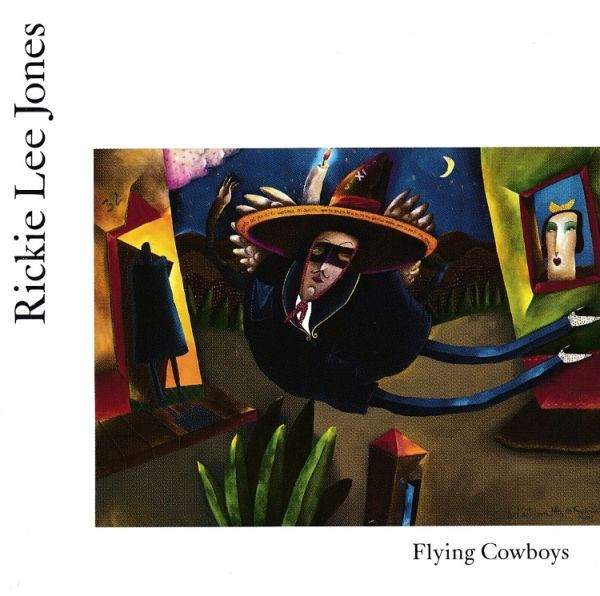It was only natural that a companion album would materialize, and one did. Recorded much like his other post-Covid work, 1967: Vacations In The Past was pieced together over the wires with the aid of frequent collaborator Charlie Francis, and featuring contributions from fellow Soft Boy Kimberley Rew and prominent but not overused sitar by Kelley Stoltz. It’s predominantly acoustic with only the occasional bongo for percussion and, with one exception, all covers.
He begins “A Whiter Shade Of Pale” in a lower register, then adding an octave harmony on the second verse, but “Itchycoo Park” is just as jaunty as the original. “Burning Of The Midnight Lamp” is particularly striking without any electricity, but it’s still got wah-wah. The Move’s “I Can Hear The Grass Grow” is nice and trippy, but then there’s Scott McKenzie’s “San Francisco (Be Sure To Wear Flowers In Your Hair)”, a moldy oldie if there ever was one. Trite as it may be to Americans, it must have meant something to that impressionable British boy an ocean and a contintent way, but we can’t condemn anyone for their guilty pleasures. Anyway, it’s wholly redeemed by “Waterloo Sunset”, a song that’s nearly impossible to ruin, and he doesn’t.
A Syd Barrett song should be no surprise, and he tackles “See Emily Play” nearly solo but for Kimberley’s slide effects. Tomorrow’s original recording of “My White Bicycle”—besides being the first appearance by Steve Howe—was loaded with backwards instruments, and there are just enough of those effects here to keep the production faithful. “No Face, No Name, No Number” has long been a personal favorite, but while the most obscure track might be the Incredible String Band’s “Way Back In The 1960s”, it’s also the one that sounds the most like him. The title track is the lone original, and sounds like it could have been recorded at any time over the previous 40 years. It’s a wonderful bit of music, complete with references to tentacles and whatnot, that the cover of “A Day In The Life” is anticlimactic. He’d played this live many times over the years, and while this recording doesn’t attempt to replicate the original, it still gets a busy mix, with a backwards loop we can’t discern over the final sustained piano chord that doesn’t dissipate but stops.
As he said on Robyn Sings, 2002’s compilation of Dylan covers, he didn’t write these songs, but they wrote him. His deft playing style and wide-eyed approach resonates throughout, and illuminates the rest of his catalog in the process.
Robyn Hitchcock 1967: Vacations In The Past (2024)—3½


